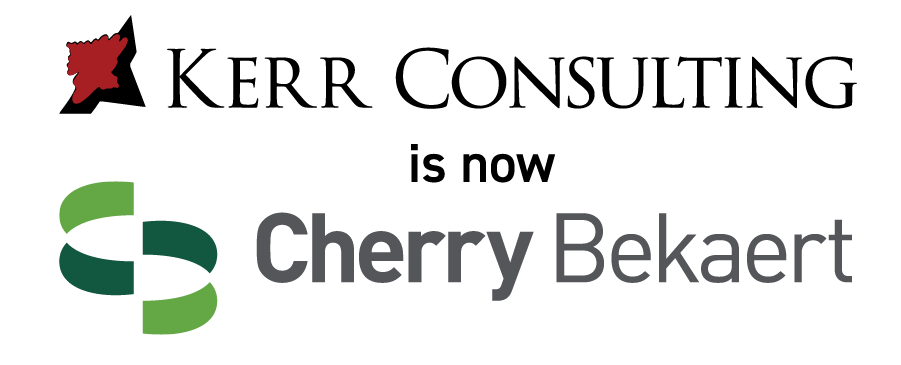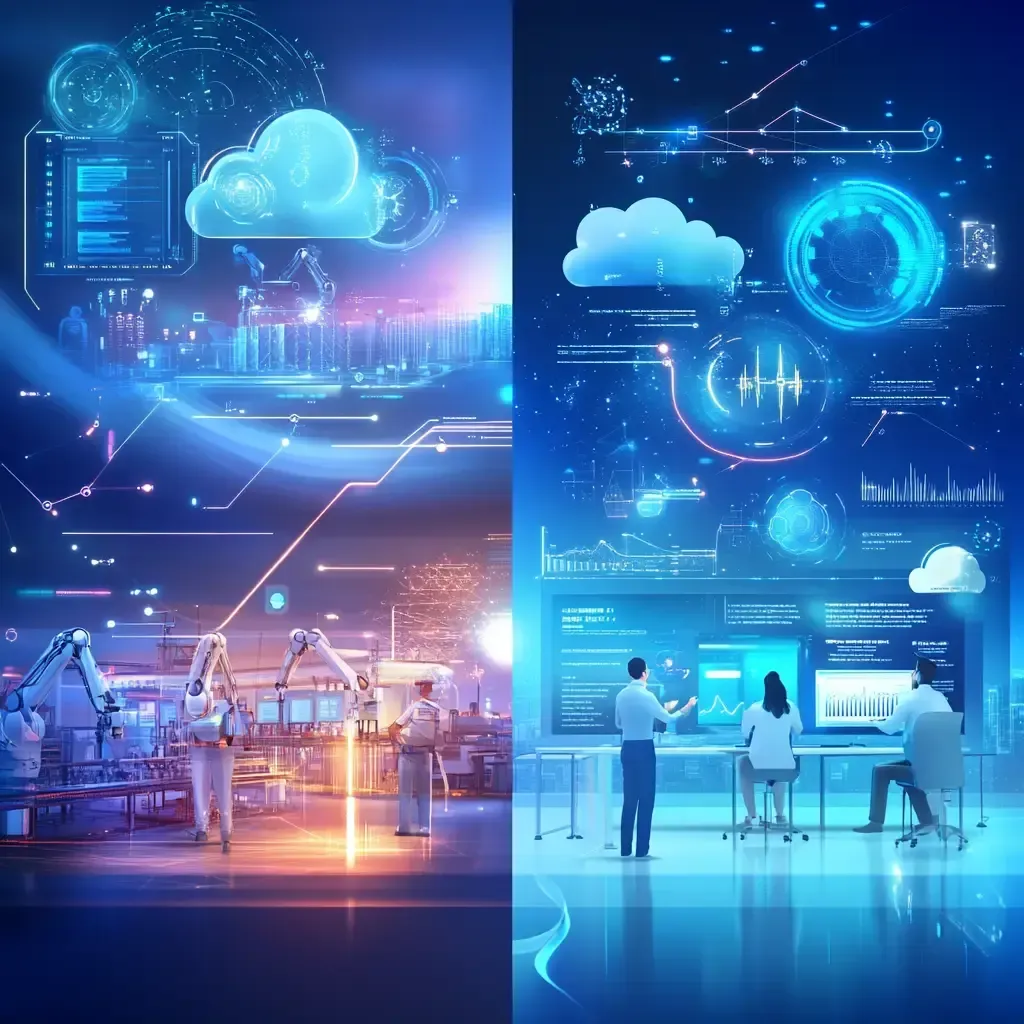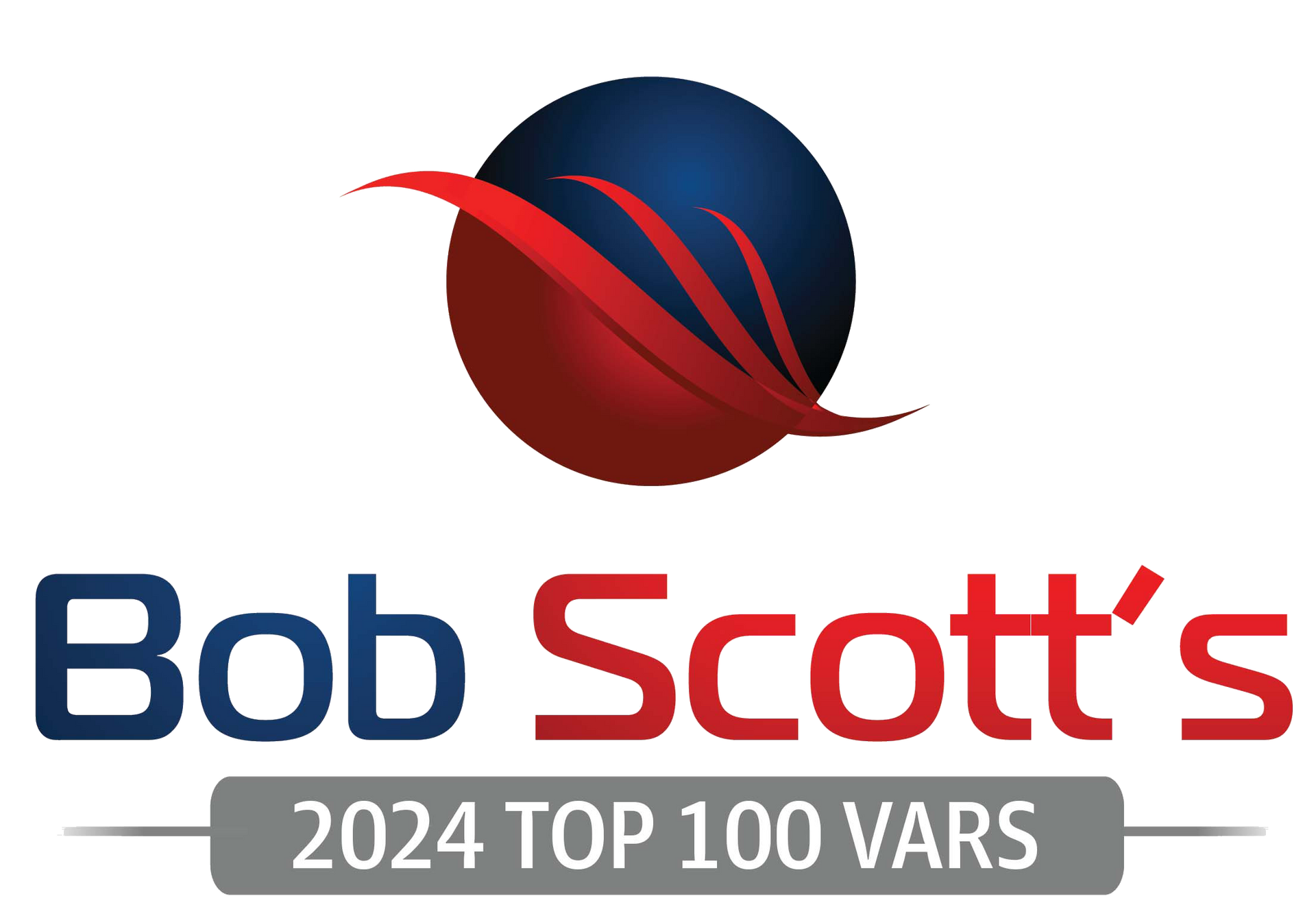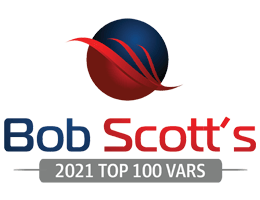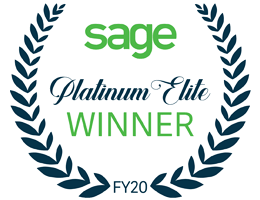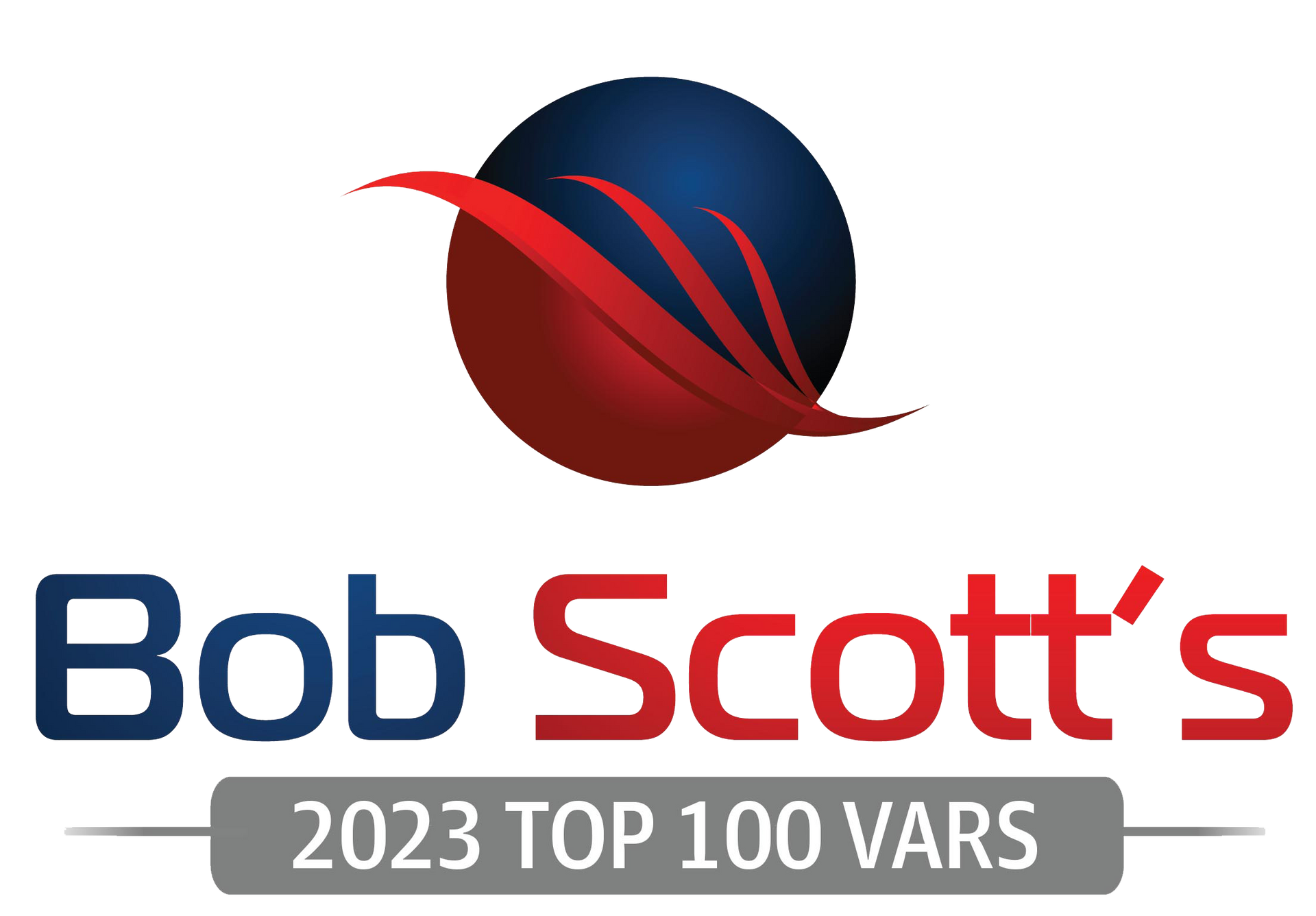Enhancing Hotel Operations: Top Hospitality Management Solutions Explained

In the dynamic world of hospitality, management solutions are no longer a luxury. They are a necessity.
These solutions, powered by cutting-edge technology, are transforming hotel operations. They are enhancing guest experiences, streamlining staff scheduling, and optimizing revenue.
But what exactly are these hospitality management solutions? How do they work? And more importantly, how can they benefit your hotel?
This article aims to answer these questions. It provides a comprehensive overview of the top hospitality management solutions available today.
Whether you're a hotel owner, a manager, or a hospitality professional, this guide will offer valuable insights. It will help you understand how to leverage these solutions to enhance your operations and boost customer satisfaction.
So, let's delve into the world of hospitality management solutions and explore their potential to transform your hotel operations.
Hospitality Software
Hospitality software plays a crucial role in modern hotel operations. It encompasses a variety of tools and solutions designed to streamline processes, enhance guest experiences, and optimize revenue. These software solutions are essential for efficient management and maintaining a competitive edge in the hospitality industry.
Benefits of Hospitality Software
- Efficiency: Hospitality software automates many tasks, such as reservations, check-ins, and billing, reducing manual errors and saving time for staff.
- Guest Experience: By utilizing hospitality software, hotels can offer personalized services, track guest preferences, and provide a seamless experience from booking to check-out.
- Revenue Optimization: Software solutions like Revenue Management Systems (RMS) help hotels maximize revenue by adjusting rates based on demand and market conditions.
- Data Analysis: Hospitality software enables hotels to gather and analyze guest data, allowing them to make informed decisions to improve services and guest satisfaction.
Types of Hospitality Software
- Property Management Systems (PMS): PMS are the core of hotel operations, managing tasks like reservations, room assignments, and guest check-ins.
- Customer Relationship Management (CRM) Systems: CRM systems focus on building and maintaining relationships with guests, providing insights to personalize services and enhance guest loyalty.
- Staff Scheduling Software: This software streamlines workforce management, ensuring optimal staffing levels and enhancing operational efficiency.
- Revenue Management Systems (RMS): RMS help hotels optimize revenue by adjusting rates and managing inventory based on demand.
Hospitality Technology
Hospitality technology is constantly evolving to meet the changing needs of guests and hotel operations. From mobile engagement to contactless services, technology plays a vital role in enhancing the guest experience and improving operational efficiency.
Key Trends in Hospitality Technology
- Mobile Engagement: Mobile apps allow guests to make reservations, request services, and provide feedback, enhancing personalization and convenience.
- Contactless Services: From mobile check-ins to digital room keys, contactless services improve guest safety and efficiency.
- Internet of Things (IoT): IoT enables smart room features, allowing guests to control room settings using their mobile devices.
Hospitality software and technology are essential components for hotels looking to enhance operations, improve guest satisfaction, and stay competitive in the ever-evolving hospitality industry.
The Imperative of Hospitality Management Solutions
Hospitality management solutions are integral to modern hotel operations. They are the backbone that supports and enhances various aspects of hotel management.
From streamlining administrative tasks to improving guest services, these solutions offer numerous benefits. They help hotels operate more efficiently, thereby increasing profitability.
Moreover, in an era where customer satisfaction is paramount, these solutions play a crucial role. They enable hotels to provide personalized experiences, which can significantly boost guest satisfaction.
In essence, hospitality management solutions are not just tools for management. They are strategic assets that can give hotels a competitive edge.
Key Components of Hospitality Management Solutions
Hospitality management solutions encompass a wide range of technologies. Each serves a specific purpose and contributes to the overall efficiency of hotel operations.
Property Management Systems (PMS), for instance, are essential for managing daily operations. They handle tasks such as room bookings, check-ins, and check-outs.
Customer Relationship Management (CRM) systems, on the other hand, focus on building and maintaining relationships with guests. They help hotels understand their guests better and provide personalized services.
Revenue Management Systems (RMS) are another key component. They assist hotels in optimizing their revenue by managing rates and inventory based on demand.
In essence, these are the three main components of hospitality management solutions:
- Property Management Systems (PMS)
- Customer Relationship Management (CRM) Systems
- Revenue Management Systems (RMS)
Property Management Systems (PMS)
Property Management Systems (PMS) are the heart of hotel operations. They manage the core operational tasks.
From room reservations to billing, PMS handle a wide range of functions. They ensure smooth operations and enhance efficiency.
Moreover, a robust PMS can integrate with other systems. This allows for a seamless flow of data across different departments.
In short, a PMS is indispensable for efficient hotel management.
Customer Relationship Management (CRM) Systems
CRM systems are all about the guests. They help hotels build strong relationships with their guests.
By collecting and analyzing guest data, CRM systems provide valuable insights. These insights can be used to personalize guest experiences.
Moreover, CRM systems can help hotels identify loyal guests. This allows hotels to reward these guests and encourage repeat business.
In essence, CRM systems are key to improving guest satisfaction and loyalty.
Revenue Management Systems (RMS)
Revenue Management Systems (RMS) are crucial for revenue optimization. They help hotels maximize their revenue potential.
RMS analyze market demand and adjust room rates accordingly. This dynamic pricing strategy can significantly increase revenue.
Moreover, RMS can manage room inventory efficiently. They ensure that rooms are sold at the right price at the right time.
In short, RMS are essential for achieving revenue optimization in hotels.
Enhancing Guest Experience Through Technology
Technology plays a pivotal role in enhancing the guest experience. It enables hotels to provide personalized and efficient services.
From mobile engagement to contactless services, technology is transforming the guest experience. It is making it more convenient and enjoyable for guests.
Moreover, technology allows hotels to understand their guests better. This leads to improved guest satisfaction and loyalty.
In essence, technology is a powerful tool for enhancing the guest experience.
Personalization and Mobile Engagement
Personalization is key to enhancing the guest experience. It makes guests feel valued and appreciated.
Mobile engagement plays a crucial role in personalization. It allows hotels to provide personalized services through mobile apps.
For instance, guests can use mobile apps to make reservations, request services, and provide feedback. This makes their stay more convenient and enjoyable.
In short, mobile engagement is a powerful tool for personalization and enhancing the guest experience.
Contactless Services and IoT
Contactless services are becoming increasingly popular in hotels. They provide a safe and efficient guest experience.
From mobile check-ins to digital room keys, contactless services are transforming hotel operations. They reduce wait times and enhance guest convenience.
Moreover, the Internet of Things (IoT) is enabling hotels to provide smart room features. Guests can control room temperature, lighting, and entertainment systems using their mobile devices.
In essence, contactless services and IoT are revolutionizing the guest experience in hotels.
Optimizing Operations with Staff Scheduling Software
Staff scheduling software is a vital component of hospitality management solutions. It streamlines workforce management and enhances operational efficiency.
This software allows managers to schedule shifts, track employee hours, and manage leave requests. It ensures optimal staffing levels at all times.
Moreover, it reduces the time spent on administrative tasks. This allows managers to focus on improving guest services and satisfaction.
In essence, staff scheduling software is a powerful tool for optimizing hotel operations and enhancing productivity.
Revenue Optimization Strategies
Revenue optimization is a key goal of hospitality management solutions. It involves strategies to maximize profitability from available inventory.
These strategies include dynamic pricing, yield management, and channel management. They aim to sell the right product to the right customer at the right time.
Hospitality management solutions provide the tools to implement these strategies effectively. They help hotels to increase their revenue and profitability.
Dynamic Pricing and Inventory Management
Dynamic pricing is a strategy that adjusts prices based on demand. It is widely used in the hospitality industry.
Hospitality management solutions enable dynamic pricing by analyzing market data. They consider factors like booking patterns, competitor prices, and local events.
Inventory management is another crucial aspect. It ensures optimal utilization of rooms, facilities, and services.
Together, dynamic pricing and inventory management contribute to revenue optimization. They help hotels to maximize their income from available resources.
Data Analytics: Understanding Guest Behavior and Preferences
Data analytics is a powerful tool in hospitality management. It helps hotels understand their guests better.
By analyzing guest data, hotels can identify patterns and trends. This can inform their marketing and service strategies.
For example, if data shows that guests prefer late check-outs, hotels can offer this as a premium service. This enhances guest satisfaction and generates additional revenue.
In this way, data analytics can drive both customer satisfaction and revenue optimization. It is a key component of effective hospitality management solutions.
The Role of Cybersecurity in Hospitality Management
Cybersecurity is a critical aspect of hospitality management solutions. It ensures the protection of sensitive guest data.
Hotels handle a vast amount of personal and financial information. This makes them attractive targets for cybercriminals.
A robust cybersecurity framework is essential. It safeguards the hotel's reputation and maintains customer trust.
In conclusion, cybersecurity is not an optional feature. It is a fundamental requirement in any hospitality management solution.
Future Trends in Hospitality Management Technology
The hospitality industry is on the cusp of a technological revolution. Emerging technologies are set to redefine the guest experience.
Artificial intelligence, machine learning, and blockchain are leading the charge. They are transforming how hotels operate and interact with guests.
These technologies promise to bring about unprecedented levels of efficiency. They also offer personalized guest experiences on a scale never seen before.
Artificial Intelligence and Machine Learning
Artificial intelligence (AI) and machine learning are game-changers in hospitality. They are automating routine tasks and enhancing guest services.
AI-powered chatbots, for instance, can handle guest inquiries round the clock. They provide instant responses, improving guest satisfaction.
Machine learning algorithms can analyze guest data. They can predict guest preferences and personalize their experiences.
In essence, AI and machine learning are redefining hospitality. They are creating a new paradigm of personalized, efficient service.
Blockchain and Cryptocurrency
Blockchain technology is another disruptor in the hospitality industry. It promises to bring about transparency and security in transactions.
Cryptocurrencies, powered by blockchain, offer a new way to pay for services. They provide a secure, decentralized payment method.
Blockchain can also enhance loyalty programs. It can create a secure, transparent system for earning and redeeming points.
In conclusion, blockchain and cryptocurrencies could revolutionize hospitality. They offer secure, transparent transactions and innovative loyalty programs.
Conclusion: The Balance of High-Tech and Human Touch
As we embrace the digital revolution in hospitality, a balance is crucial. High-tech solutions must complement, not replace, the human touch.
Technology can streamline operations and personalize experiences. Yet, the essence of hospitality lies in human interaction and genuine care.
The future of hospitality management solutions lies in this balance. It's about leveraging technology to enhance, not overshadow, human service.
In conclusion, the best hospitality management solutions will blend high-tech efficiency with the warmth of human touch.
